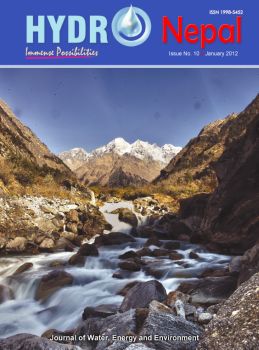Tea Plantations in the Darjeeling Hills Geo-Ecological Impact and Livelihood Implications
DOI:
https://doi.org/10.3126/hn.v10i0.7104Keywords:
Land resources, land use pattern, livelihood security, geo-ecology, deforestation, landslides, soil erosion, tea, IndiaAbstract
The geo-ecological stability of a place has an important role in contributing to the livelihood security of its people. A disturbance to the geo-ecology of a region jeopardizes the livelihood resources of the population and creates pressures for livelihood security. Human interventions in the form of destruction of forests and degradation of land significantly alter the geo-ecology of a region. Moreover, interventions with forests result in several other forms of degradations of the geo-ecology of a region. In the light of this understanding, the present study evaluates the impact of tea plantations on the geo-ecology of Darjeeling Hills, Inia and the consequent impact on the livelihood security of the people in the region.
DOI: http://dx.doi.org/10.3126/hn.v10i0.7104
Hydro Nepal Vol.10 January 2012 53-59
Downloads
Downloads
Published
How to Cite
Issue
Section
License
The copyright of the articles and papers published is held by HYDRO Nepal Journal.
The views and interpretation in this journal are those of author(s), and HYDRO Nepal does not bear any responsibility for the views expressed by authors in the journal.




